Have you heard of the Russos of Marvel fame or Kathryn Bigelow?
How about the Duffer brothers, who directed Stranger Things?
What do they all have in common? They're big names in Hollywood!
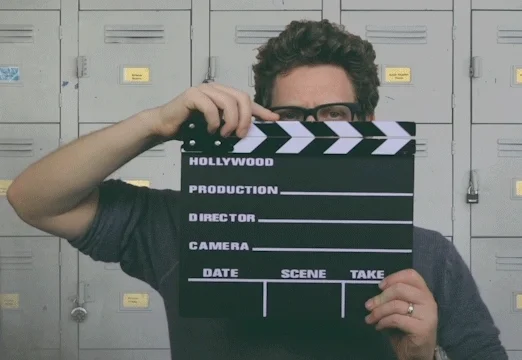
Do you, too, dream of becoming a director, but you're not really sure what's involved?
Find out if being a film and TV director is the career for you!
What Do Directors REALLY Do?
Do they just roam around on set yelling, "ACTION?"
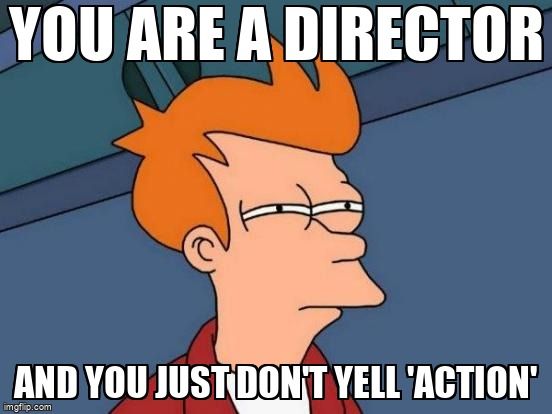
Directors basically run the whole show!
Film and TV directors manage and direct all the creative elements and components of a film or TV show.
Their day-to-day responsibilities include:

Read and edit scripts

Consult with the producers and writers regarding vision, locations, crew, casting, and storyboarding

Advise actors throughout the filming process
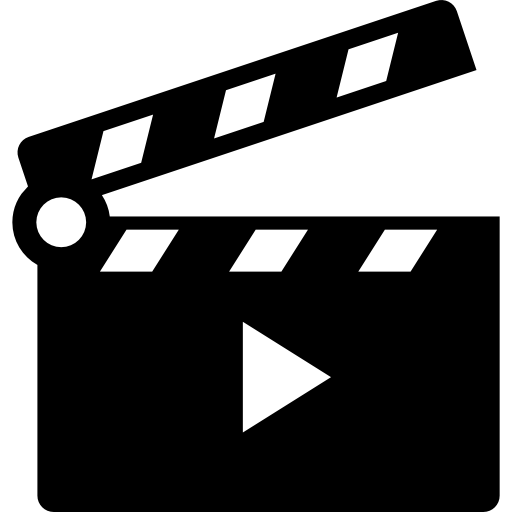
Decide if any scenes need to be reshot

Coordinate set blocking

Manage a film crew,for example, instruct camera operators on angles and shots

Ensure the vision for the film or show is executed

Collaborate with editors on post-production revisions
Quiz
Sam is a TV director. What are some of their responsibilities? Select all that apply.
Qualities Needed
What makes a GOOD director?
1. Vision — have a clear and distinct vision for the production and be able to articulate this vision to your cast and crew to make sure everyone is on the same page.
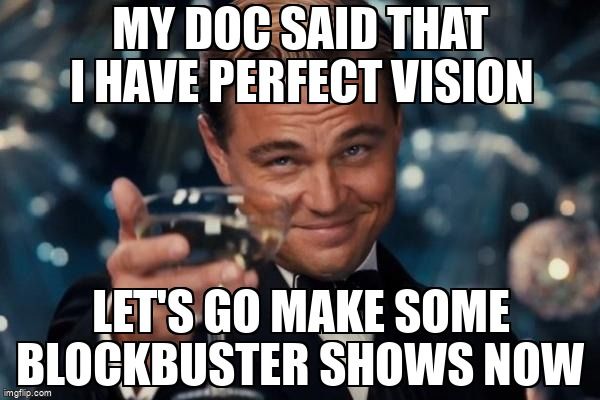
2. Communication — communicate and collaborate with everyone involved in the making of the film or show, including actors, crew, producers, and studio executives.
3. Leadership — lead and motivate your team, inspiring the cast and crew to give their best performance, and work efficiently and effectively.

4. Creativity and imagination — to bring your vision to life.
Quiz
How would you describe a good director?
Education

You're probably wondering, "Do I need a degree to become a director?"
The simple answer is no. Some directors begin their careers by creating their own films or getting entry-level work at studios.
While not required, it can be helpful to get a bachelor's degree in film or cinema in order to learn the fine details of filmmaking.
Pros and Cons of the Job
Pros
Income is potentially high

Time to work on your own film projects
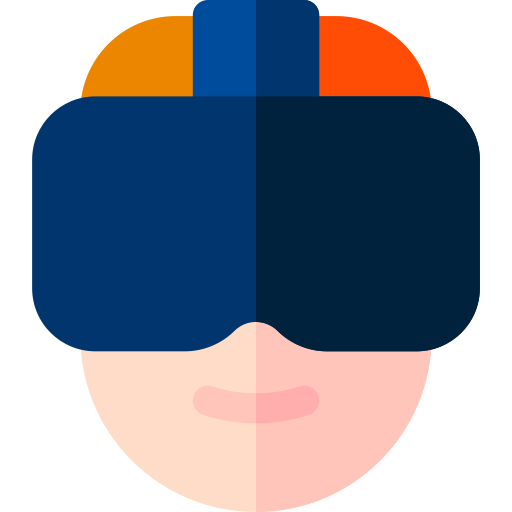
Freedom to explore your creative ideas
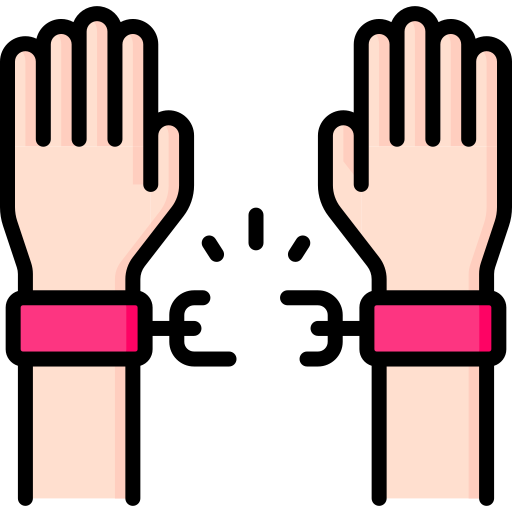
Interesting work and lifestyle

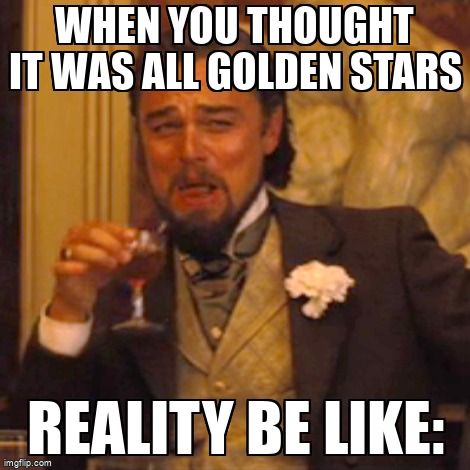
Cons
No guarantees of a steady paycheck, health insurance, or retirement plan

You're responsible and accountable for the success or failure of a project

You must be disciplined enough to work both autonomously and collaboratively

Competition is fierce

Take Action
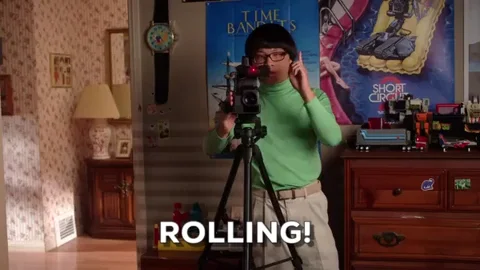
How do you break into film directing?
Your feedback matters to us.
This Byte helped me better understand the topic.
